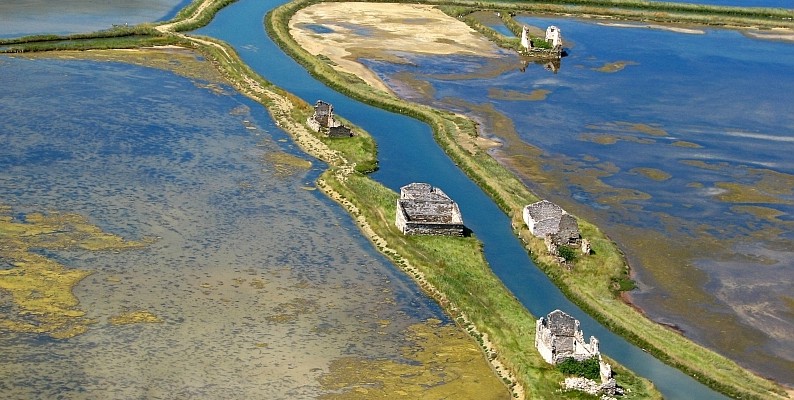Culture and wetland management

Wetlands are cradles of biodiversity and the source of many ecosystem services. They provide the resources and benefits on which countless species and human populations depend. Their dynamic nature can be described in ecological, hydrological and geomorphological terms but also spatially—as a place to live or as a destination—and even economically, as they provide opportunities for farming, forestry, fishing, recreation, etc. The cultural aspects of wetlands, in particular, constitute a new dimension within their values that we have only now begun to recognise.
Culture—including traditions, customs and beliefs—primarily relates to the dynamic of how people live their lives and manage their resources, individually and collectively. When it comes to wetlands, cultural heritage reveals itself inter alia through the tangible practices of salt harvesting, fishing, the weaving of nets, the growing of rice and other crops, boat building, irrigation systems and other aspects of water management, animal grazing, and the building of huts and fish-traps from reeds. These everyday activities are some of the cultural aspects that are deeply entwined with Mediterranean wetlands. There are also many intangible components including customs and beliefs, oral literature, music, dress codes, aesthetics and modes of religious expression.
The ecological parameters of wetlands cannot be managed unless the human culture that affects them is appreciated. Strategic wetland management should not concentrate on short-term plans based upon the assumptions of development or nostalgic notions of the past. Instead, it should focus on integrated approaches that point to the relationship between nature and human beings and seek to promote sustainability through the specific character and history of a place.
Wetlands do not exist in isolation: nature shapes them, but it is the human presence that be-stows identity on them. Wetlands are places of memory made up of both tangible and intangible elements that people use to give meaning to the world they live in. In this light, wetlands are an essential aspect of our natural and cultural heritage. They are irreplaceable sources of life and inspiration which safeguard important insights regarding our understanding of people and places.

